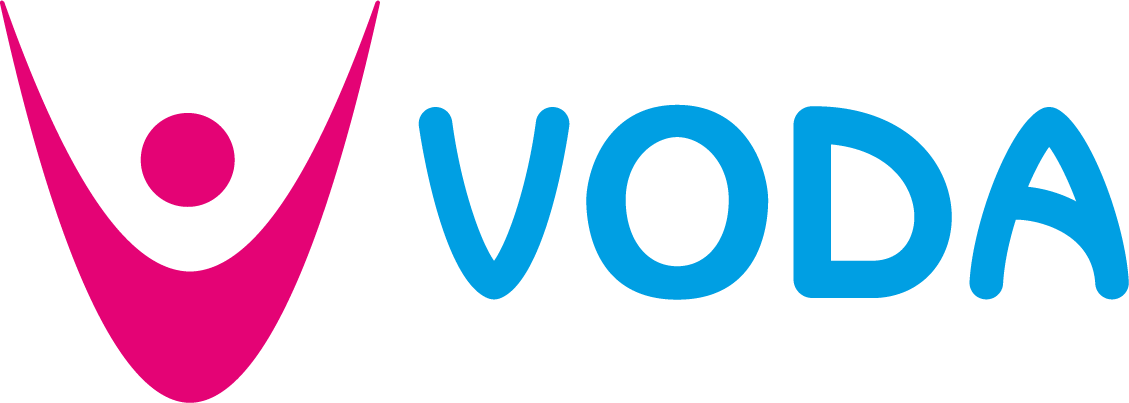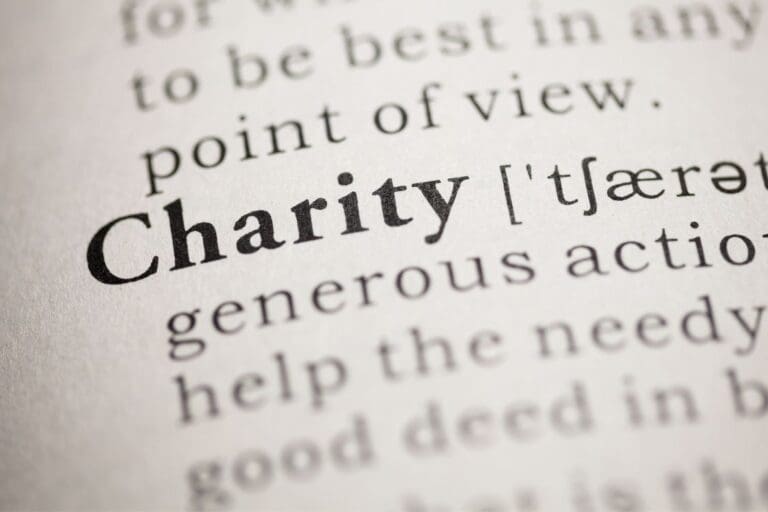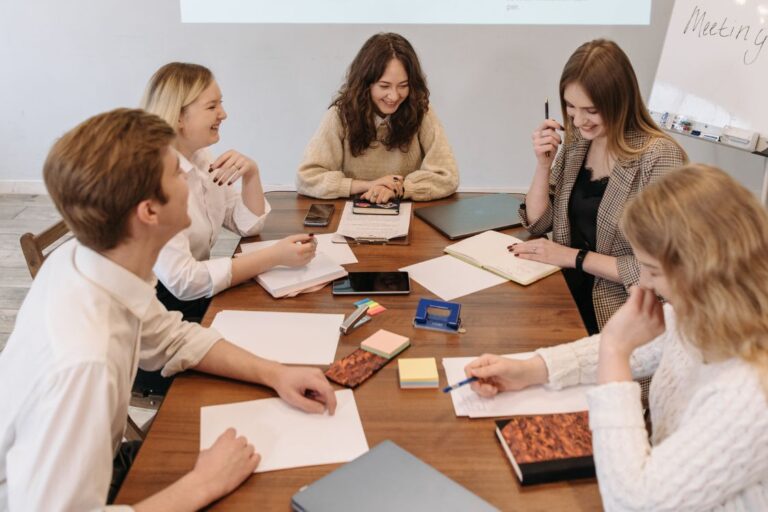What is Artificial Intelligence (AI)?
AI is a part of our everyday lives. It can have great benefits in terms of efficiency and social good but there are ethical requirements which it is important to be aware of.
The Information Commissioner’s Office definition of AI is:
“…an umbrella term for a range of algorithm-based technologies that solve complex tasks by carrying out functions that previously required human thinking. Decisions made using AI are either fully automated, or with a ‘human in the loop’.”
How can you use AI within your organisation?
There are many ways to use AI but some examples are listed below:
- Help create social media content;
- Start the process of creating ideas;
- Streamline processes; and
- Create images, audio and video.
Limitations of AI
- Data security and privacy issues: AI companies can collect publicly available yet personal information. How this data is stored and used is not always transparent. In particular, the measures used to store this personal data are not always ideal.
- False Content: AI tools can create false content and present it as true. It can therefore be open to abuse or cause harm.
- Environmental Impact: AI systems use fossil fuels to train and developing these models also causes electrical waste.
- Negative Societal Impact: AI and automation may change the way we work. If people are unable to retrain or find new jobs this may lead to high levels of unemployment.
Practical Tips
AI is most definitely useful, but it’s use needs to be considered alongside the principles of openness, accountability and inclusivity.
The Civic AI Handbook suggests you should:
- Be open about how and when AI is used;
- Always have a human review AI work;
- Not share private or sensitive information with third party AI services;
You could also:
- Create an AI Policy;
- Increase your understanding of AI and its impact;
- Carry out an AI Risk Assessment
Any further queries?
VODA can offer support, advice and training to your VCSE group. Please contact VODA’s Core Services Team by telephone on 0191 323 2040 or by email on development@voda.org.uk.





